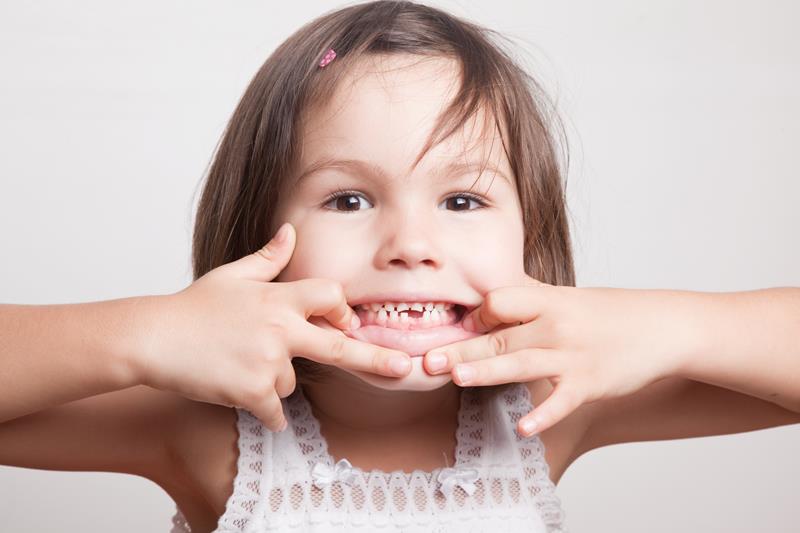
Pediatric dentistry can use treatments like root canals to preserve your child’s baby teeth. The procedure is typically performed to save teeth that have a bacterial infection which has made its way into the pulp chamber.
A tooth can become infected as a result of tooth decay that was left untreated. The cavity compromises the pulp chamber and bacteria infect the soft tissue there. The end result is an infection that comes with excruciating toothaches, pus coming from around the tooth, a strange odor or a fever.
5 Frequently asked questions about pediatric dentistry root canals
Here some of the questions people often have regarding how treatments like root canals are used in pediatric dentistry:
1. What types of root canals are performed in pediatric dentistry?
The two main types of root canals performed on baby teeth are pulpectomies and pulpotomies. The latter is performed when the infection does not affect the tooth’s roots. In such cases, the dentist only has to clean out the pulp chamber and seal it up.
Pulpectomies are performed when the pulp chamber and the tooth’s roots have been infected. The procedure involves cleaning out the roots and pulp chamber before sealing it.
2. How are root canals performed?
The procedure for performing either type of root canal is quite similar. The dentist starts by numbing the area so the child does not feel pain while the dentist works on their tooth. A tiny hole is made in the crown of the tooth and files are inserted into it. These files are used to clean out the content of the pulp chamber.
The dentist then inserts medication that disinfects the pulp chamber through the hole. The tooth is sealed to prevent bacteria from getting in and the tooth might be protected with composite resin or a crown.
3. How long does the root canal procedure take?
The process typically takes about an hour to complete. If a child cannot sit still for that long, the treatment can be segmented so the child gets as many breaks as they need. There are also light sedatives that can help to keep a child relaxed during their treatment.
4. Do root canals hurt?
Local anesthetics are administered during root canals, so the child will not feel pain during the process. All the child feels is a little bit of pressure as the dentist works. The patient should typically not feel any pain after the procedure.
5. When does a baby tooth need a root canal?
Just as is the case with permanent teeth, baby teeth need a root canal when they are infected or damaged to a point where the pulp chamber is compromised. While extracting the tooth might seem more logical since baby teeth eventually fall off anyway, they serve an important purpose — holding space in the mouth for the permanent replacement.
Get your child the pediatric dentistry treatment they need
Contact our Dumont clinic if you believe your child has an infected tooth. A pediatric root canal may bring their pain and discomfort to an end.
Request an appointment here: https://novapedsdentistry.com or call Nova Pediatric Dentistry at (201) 812-2952 for an appointment in our Dumont office.
Check out what others are saying about our services on Yelp: Read our Yelp reviews.
